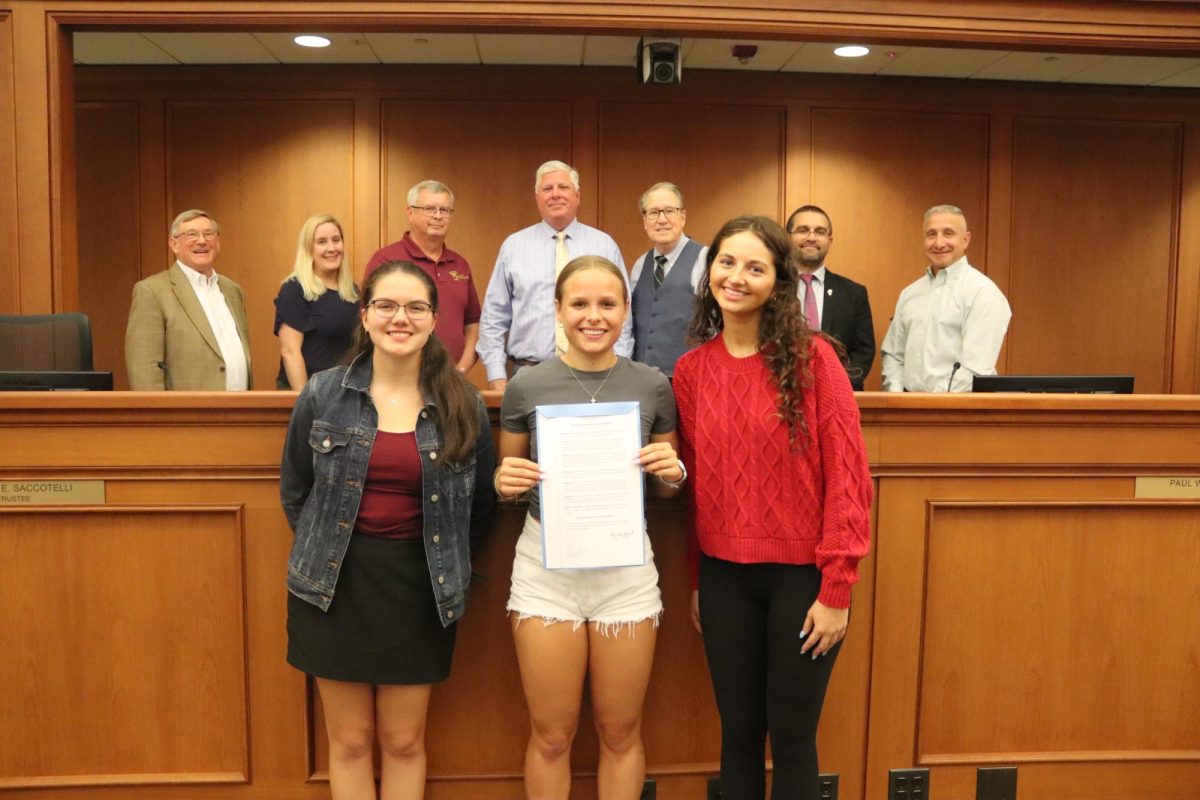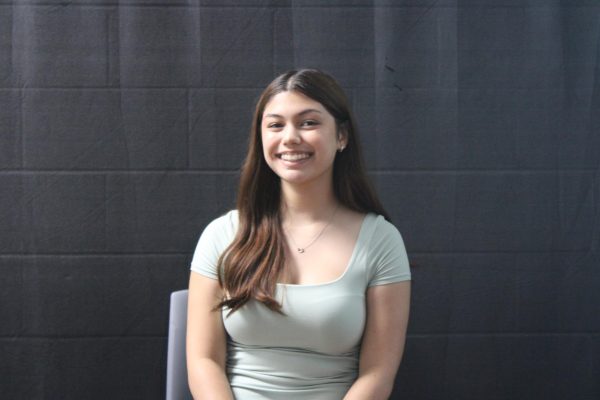2024 will be the first year in which National Hispanic Heritage Month (NHHM) is officially observed in Mount Prospect. At a village hall meeting on September 10, Mayor Paul Wm. Hoeffert of Mount Prospect proclaimed the village’s official celebration of NHHM during the month of September 15 to October 15.
After its first introduction in the US as Hispanic Heritage Week under president Lyndon B. Johnson, it spread to towns, villages and cities across the country before being enacted by the federal government in 1988 as Hispanic Heritage Month. Its main goals at both the federal and local levels are to celebrate the contributions from and achievements of individuals of Hispanic descent as well as working toward a more unified and inclusive society.
According to Hoeffert, this year’s theme, Pioneers of Change: Shaping the Future Together, aims to encourage a deeper appreciation of contributions made in different aspects of Mount Prospect by members of the Hispanic community.
Prospect seniors Courtney Bradbury, Veronica Koczaj and Emily Pawlak, all of whom are both enrolled in AP Spanish and a part of the Spanish World Language National Honor Society accepted the proclamation from the mayor, expressing their enthusiasm and gratitude regarding the level of Spanish education they have received during their time at PHS.
“I’ve been taking Spanish for 7 years now through Mount Prospect education, and I love it. It’s something I heavily want to do in the future. I want to study in Spain, and I want to live there. I love the culture and I love learning about it. It’s really opened up new opportunities and experiences for me,” Bradbury said.
By recognizing NHHM and participating in classes and activities that spread knowledge about different Hispanic cultures and traditions, students and members of the community alike can appreciate and enjoy new experiences.
“Being able to learn Spanish through public education at Prospect High School is such an amazing opportunity… It is absolutely crazy the amount of things we can do with that, whether we decide to become fully fluent in Spanish, or whether we just have that baseline knowledge, knowing that in the future, no matter where we go, we have that extra scale of being able to communicate with a whole bunch of people in our country and in our own community,” Pawlak said.





































































